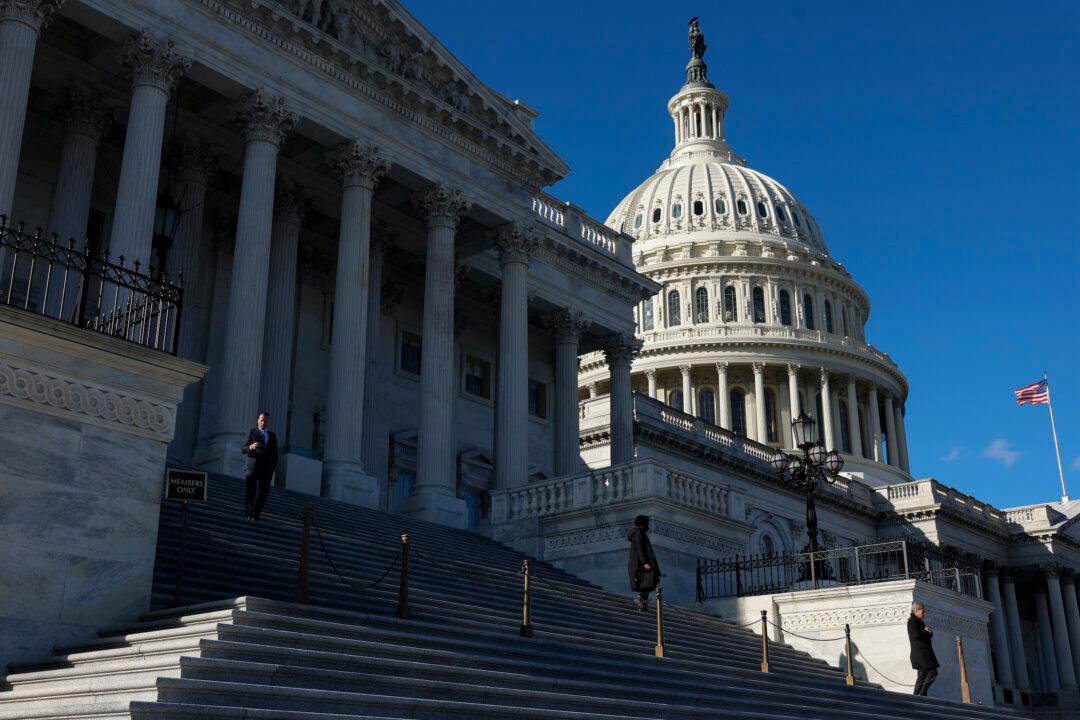National gun rights organization, Gun Owners of America, raised alarm over the FY 2023 Omnibus Appropriations bill passed by Congress, saying it is meant to do more than designate spending.
“Gun Owners of America strongly objects to the Senate amendment in the nature of a substitute to HR 2617 because it is infested with Second Amendment infringements,” the group wrote in a statement released on Dec. 21. The statement lists 12 provisions GOA claims will advance the Biden administration’s gun-control agenda and infringe on Americans’ Second Amendment rights through gun confiscation.





